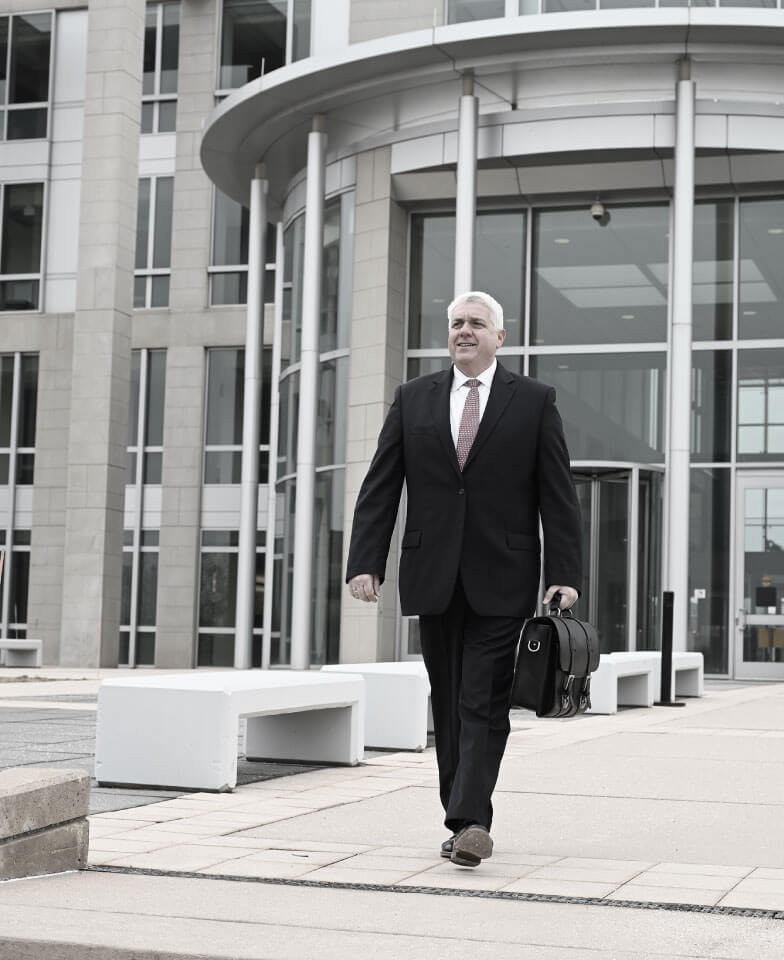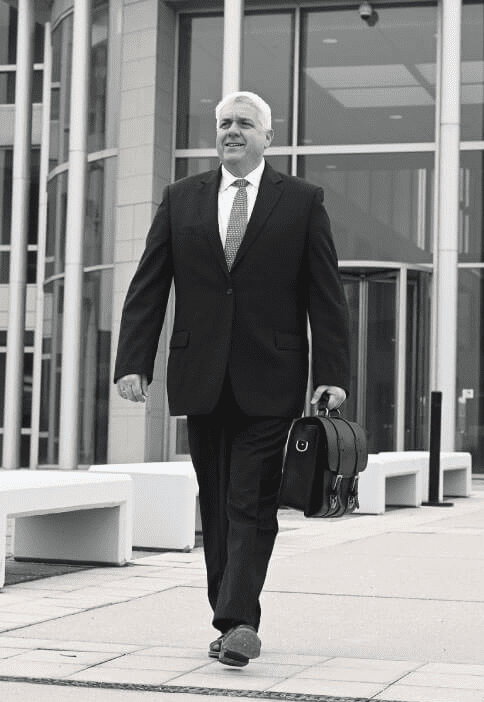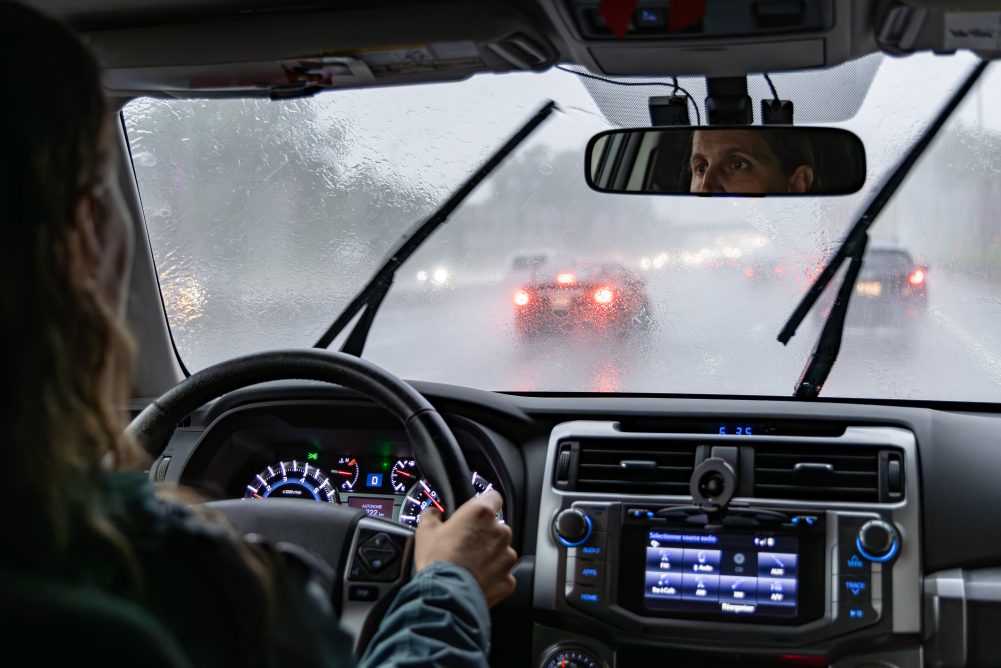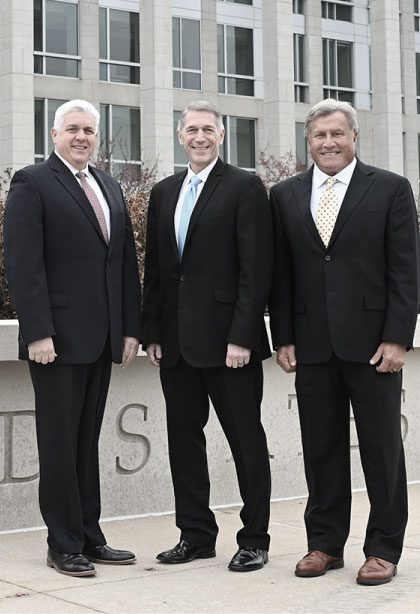You’ve just been in a frightening car accident. The roads were slick, visibility was poor, and now the other driver is saying no one’s at fault because of the weather. Sound familiar?
The confusion and emotional stress of dealing with both injuries and insurance claims while being blamed by no one and everyone can feel overwhelming. Many accident victims hear “it was just the weather” and assume they have no legal options.
Clark Frost Zucchi has been handling complex car accident cases for over 35 years. We’ve seen that even when weather plays a role in a crash, someone can still be held legally responsible, and you may still have options for compensation.
Understanding Legal Responsibility in Bad Weather
Here’s something crucial to understand: every driver has a legal duty of care. This means they’re required to adapt their behavior based on road and weather conditions. Bad weather doesn’t excuse reckless or careless driving.
When roads become hazardous due to rain, snow, or ice, drivers must adjust their driving accordingly. They need to slow down, increase following distance, and use proper safety equipment. Failing to do so can constitute negligence, regardless of weather conditions.
The bottom line? Drivers can still be held liable even if the weather contributed to the crash.
Key Signs of Negligence in Weather-Related Accidents
Watch for these red flags that suggest the other driver may have been negligent:
Driving too fast for conditions. Even if someone was driving the speed limit, that might still be too fast for icy or wet roads.
Not leaving enough following distance. If someone was tailgating you in a snowstorm, that’s not just bad luck; it may be negligence.
Failing to use headlights or windshield wipers. Illinois law requires drivers to use headlights during poor visibility conditions.
Driving on bald tires or with poorly maintained brakes. Drivers are required to keep their vehicles in good condition.
These behaviors show a failure to exercise reasonable care during dangerous weather conditions.
How Fault is Determined in Bad Weather Crashes
Investigators, including police, insurance adjusters, and attorneys, look at several factors when determining fault:
- Driver statements and witness accounts
- Traffic law violations
- Road and weather conditions at the time
- Vehicle damage patterns
- Maintenance records of the vehicles involved
In Illinois, fault can be shared between multiple parties. However, you still have the right to recover damages if you are less than 50% at fault. Don’t let anyone convince you that the weather automatically eliminates all liability.
What to Do After a Weather-Related Accident
Take these immediate steps to protect your rights:
Document everything. Take photos of the scene, road conditions, and vehicle damage. Capture the weather conditions if possible.
Get witness statements. Other drivers or pedestrians may have seen what happened.
Request the police report. This official document can be crucial evidence.
See a doctor immediately. Even minor pain can indicate serious injuries that worsen over time.
Talk to a personal injury attorney before accepting any settlement offers from insurance companies.
Remember: even if weather played a role in your accident, it’s worth investigating to protect your rights and explore your options for compensation.
You’re Not Powerless—Even in a Storm
Don’t accept “it was just the weather” as the final word on your case. Weather-related accidents still involve human decisions and responsibilities. The other driver may have failed to take proper precautions, and you might be entitled to compensation for your injuries, medical bills, and other damages.
Contact the experienced car accident attorneys at Clark Frost Zucchi to review your case. We can help determine if the other driver failed to exercise reasonable care during dangerous conditions, and whether you have grounds to seek the compensation you deserve.














